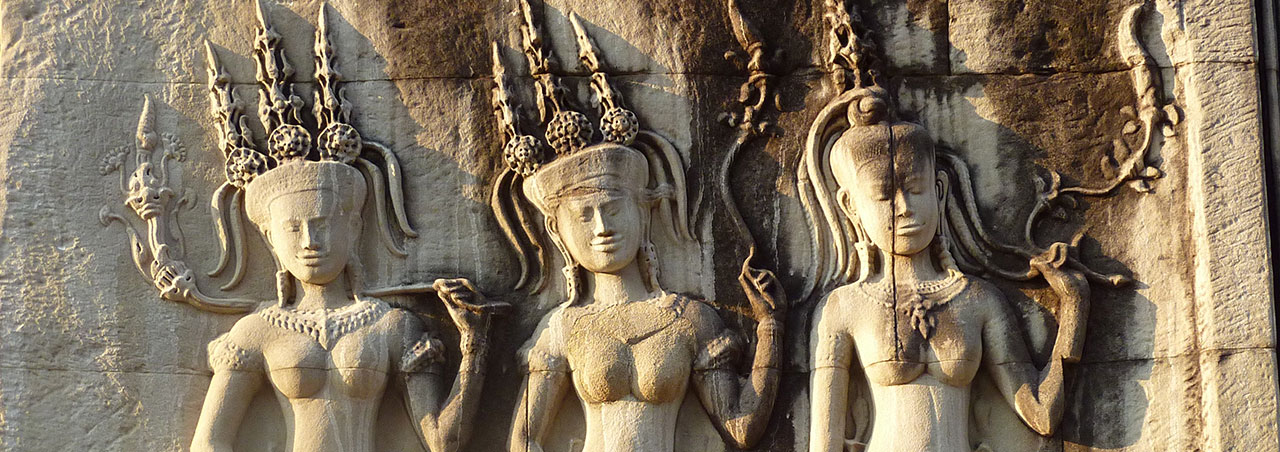I was sitting watching my son, who was watching a kids news program on TV. The program was showing the refugee camps in the Sudan. The refugees were mostly children, and many had lost their parents who had been slaughtered by militia. The fortunate ones lived in a tent, without possessions. Those less fortunate had a sheet of plastic for shelter against the desert sun, heat and sandstorms.

I was aware of my son sitting there in his Nike trousers, hair all gelled up, and brand new jumper. It’s funny …. one recurring theme for him, and in our relationship, is how he feels poor, or deprived, as his friends all have Playstations 2’s, lots of cash etc etc. As we have little money, he has to make do with far less than his mates have. So he ends up stealing stuff, and is often unhappy over all this.
The interviewer on the news show said that he was surprised at how positive the children in the refugee camp were. Despite all their suffering, and how little they had, and how bleak their futures seemed, they still looked forward with optimism, and got on with their present. How hard my son finds things as he compares himself with those around him, and feels a poverty relative to them.
What a strange thing this world is, with poverty and riches, sufferings and happiness. Such extremes of wealth, and extremes of opportunity. And of course, an old truism from a Buddhist point of view … happiness isn’t directly related to either what we have, or our circumstances in life.
So much suffering in the world … so many beings to help.

